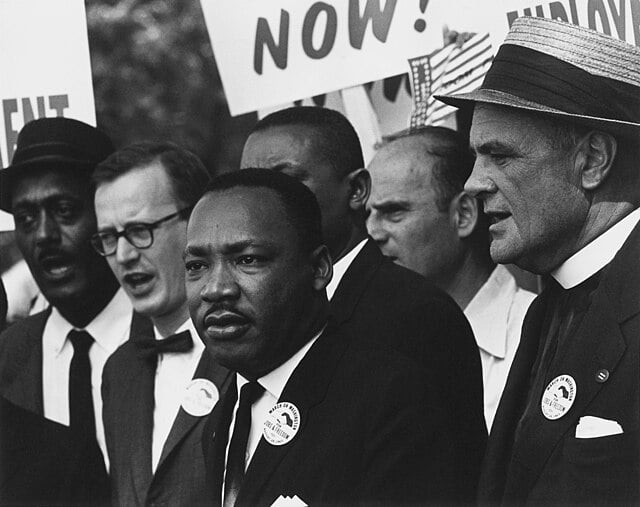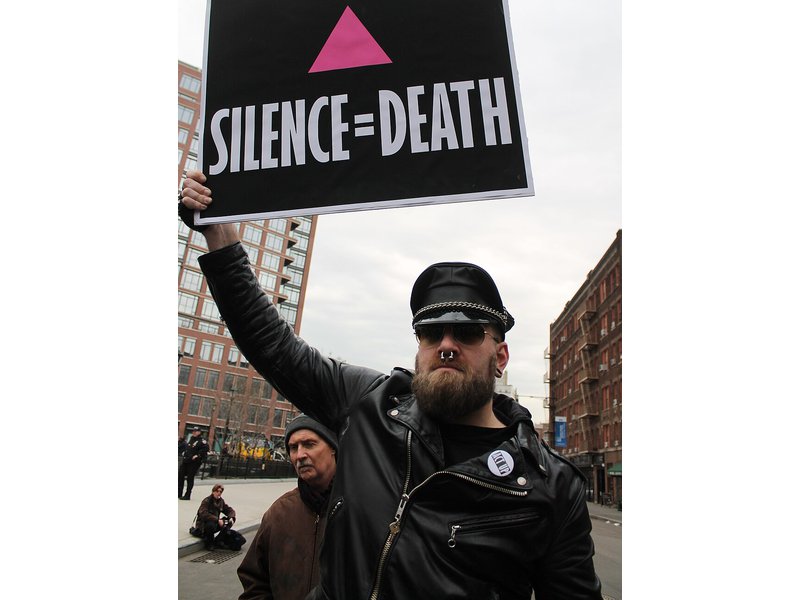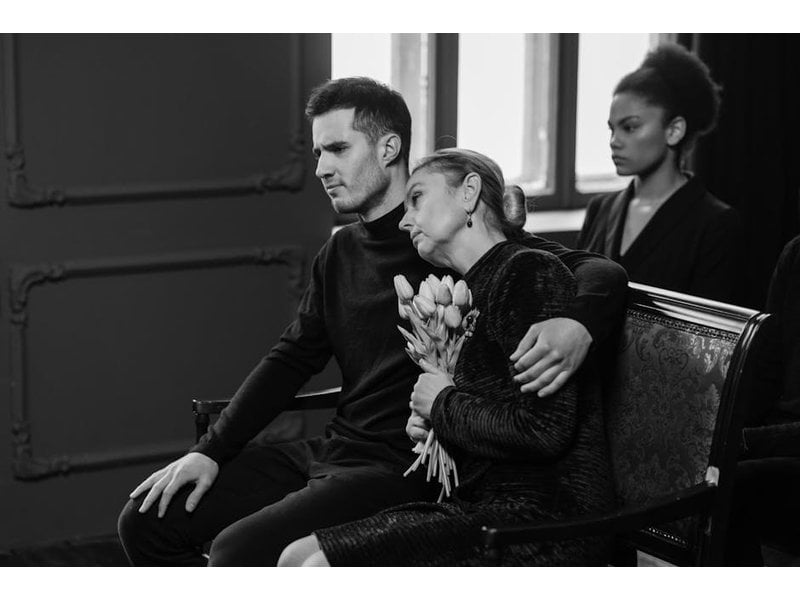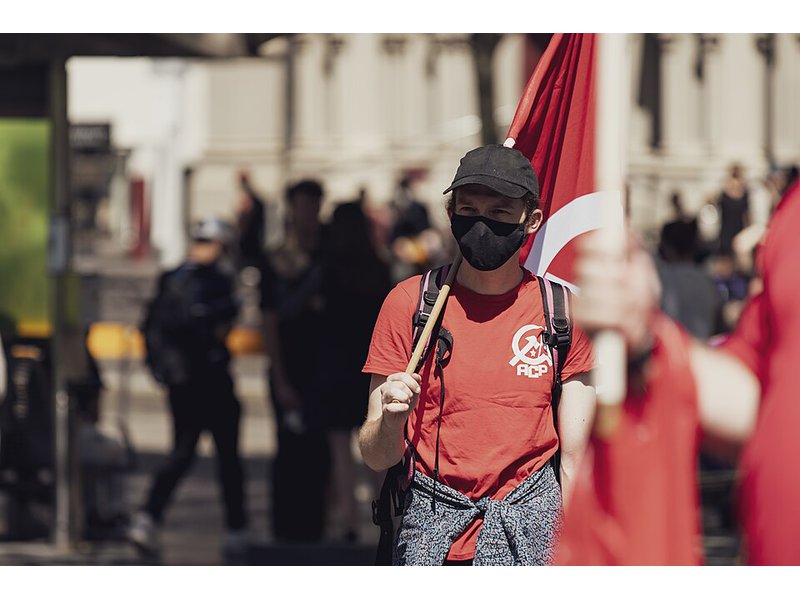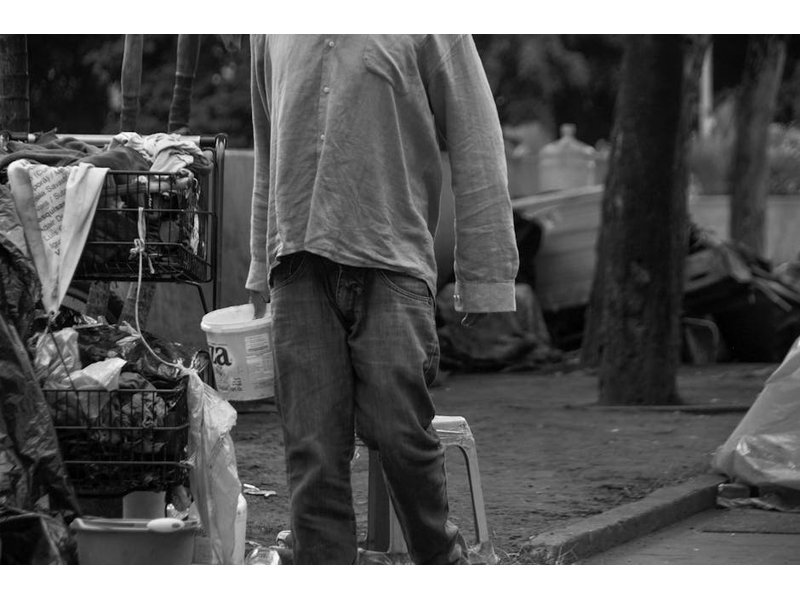148 mutiny

"In advanced stages of a noncooperation movement, the opponent’s troops, police, or both may mutiny and flatly refuse to carry out orders to repress the resistance movement. In other situations mutiny has itself constituted a major—sometimes the dominant—method of resistance and revolutionary struggle where the army itself is in revolt. Whereas in essentially violent revolutions a mutiny may be followed by the troops joining in the violent struggle on the side of the revolutionaries, in an essentially nonviolent struggle, a mutiny may express itself entirely through the refusal to carry out usual functions of forcing the regime’s will on the populace or waging war against a foreign enemy. This refusal may contribute to a paralysis of the regime’s ability to rule, by increasing the totality of defiance and noncooperation, paralyzing the regime’s organs of enforcement, and destroying its conventional military capacity."...
Potentially awesome partners
High scoring campaigns using this method
Historical cases from the Nonviolent Action Database that used this method
Colombians overthrow dictator, 1957
The strikes and demonstrations that deposed President Gustavo Rojas Pinilla of Colombia were planned somewhat day to day and began as reactionary actions in response to Rojas’s attempts to hold power indefinitely. The opposition to Rojas had a wide b...
Defense of Soviet state against coup, 1991
Since assuming the role of General Secretary of the Communist Party of the Soviet Union in 1985, Mikhail Gorbachev pushed for a program of economic openness and political restructuring, prompting resistance and suspicion from hard-line members of the...
Filipinos campaign to overthrow dictator (People Power), 1983-1986
Ferdinand Marcos was elected president of the Philippines in 1965. Marcos was reelected in 1969 and when barred to run for a third term, he declared martial law and gave himself near absolute power. Marcos assumed full control of the military, dissol...
German citizens defend democracy against Kapp Putsch, 1920
In March 1920, Walther von Lüttwitz, a commanding general in the German army, and Wolfgang Kapp, a German provincial official (with the help of a few other German officials, such as Chief of Staff, General Hans von Seeckt and his collaborators in the...
Haitians overthrow a dictator, 1946
The Haitian President, Elie Lescot had been granted the powers of a dictator by his congress and was backed by the United States. He was representative of the mulatto ruling class during a time when black political radicalism was growing in Haiti. Le...
Maldivians demand resignation of the president, 2011
The Republic of the Maldives is a chain of islands in the Indian Ocean southwest of Sri Lanka. The country is threatened by becoming completely covered by the sea because of climate change.\n\nIn 2008, after thirty years of one-party rule, Maldivians...
Malians defeat dictator, gain free election (March Revolution), 1991
General Moussa Traoré obtained power in Mali in 1968 when he led a military coup d’etat that overthrew the left-leaning nationalist government that had ruled since 1960. Opposition towards Traoré grew during the 1980s, but didn’t fully emerge until t...
Plebeians win victory for the rule of law in Ancient Rome, 449 BCE. (See also 494 campaign.)
One of the most fundamental characteristics of civilization is the rule of law. For the last few millennia, it has been recognized that as levels of human organization expand past the size of tribes and villages into more complex societies such as ci...
Swedish workers protest, threaten general strike and mutiny to prevent war against Norway, 1905
Normal 0\n\nfalse false false\n\nEN-US JA X-NONE\n\n/* Style Definitions */ table.MsoNormalTable {mso-style-name:"Table Normal"; mso-tstyle-rowband-size:0; mso-tstyle-colband-size:0; mso-style-noshow:yes; mso-style-priority:99; mso-style-parent:""; m...
Yemenis oust Saleh regime (Yemen Revolution), 2011-2012
In January 2011, in the wake of the Tunisian revolution and in the midst of the Egyptian revolution, Yemeni students and youth began a yearlong revolution to oust the regime of Ali Abdullah Saleh, president for the past thirty years. This revolution ...
Low scoring campaigns using this method
Historical cases from the Nonviolent Action Database that used this method
